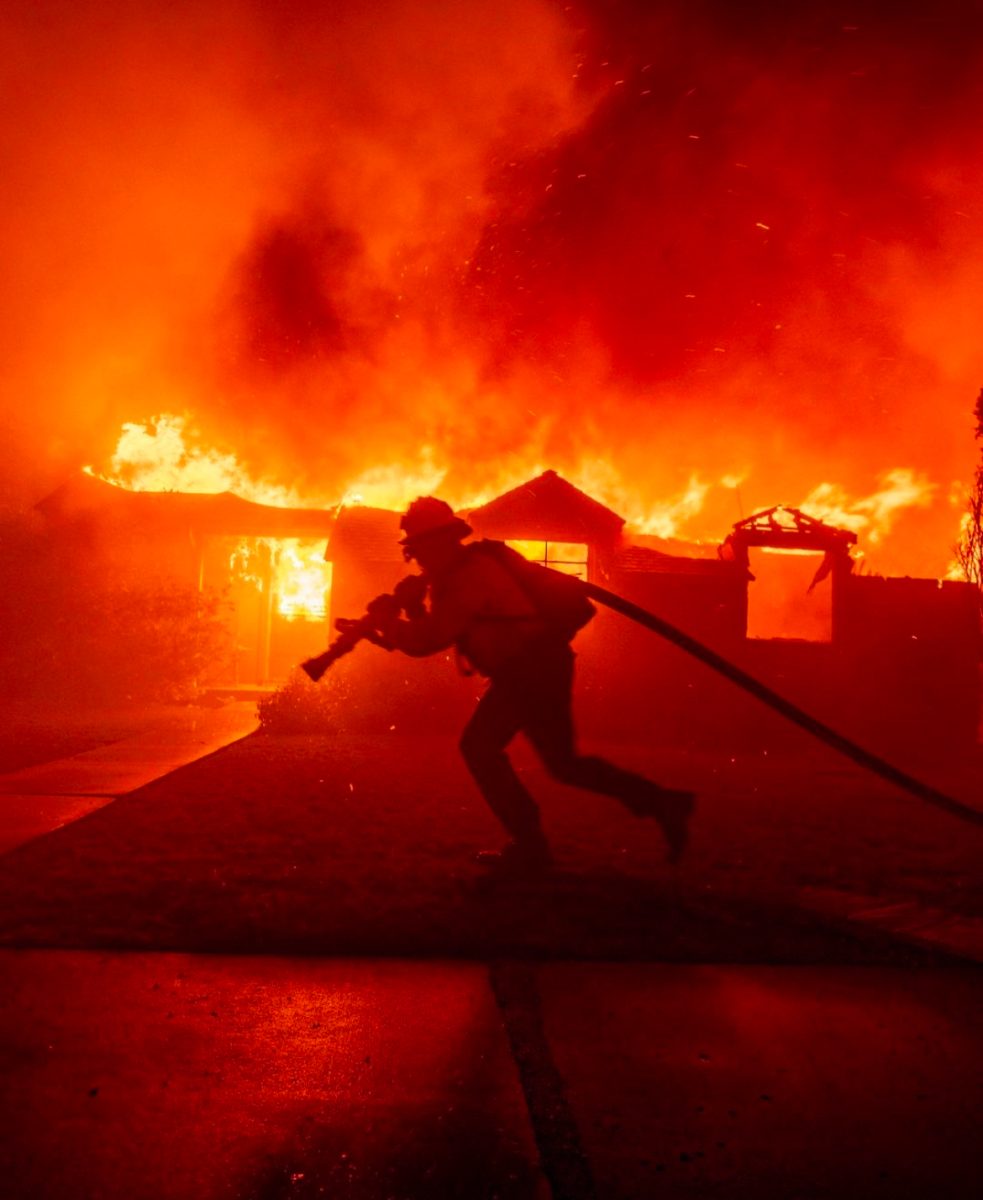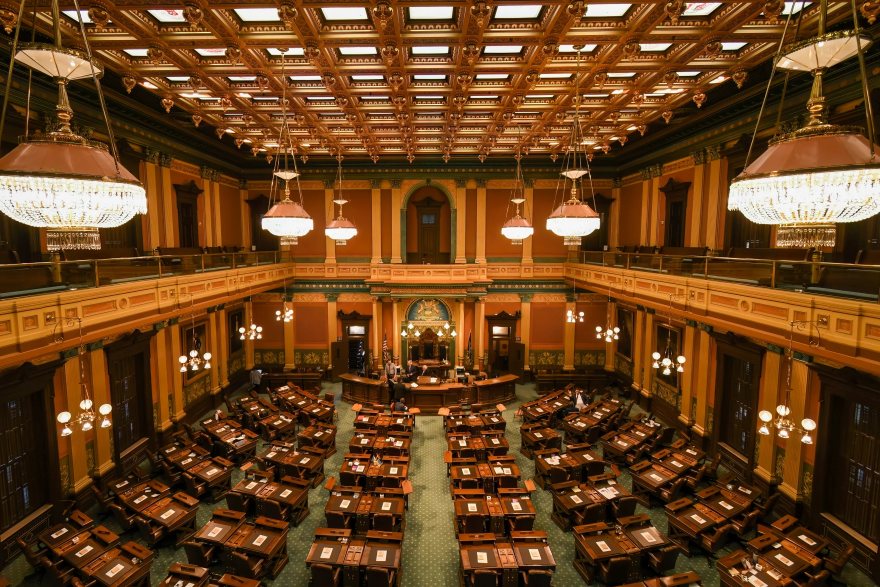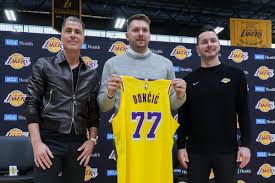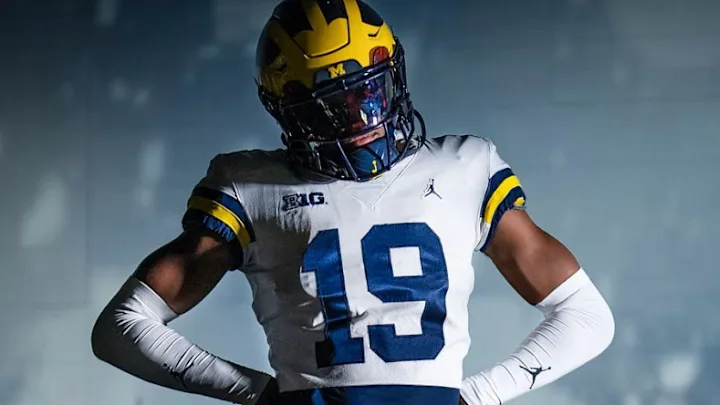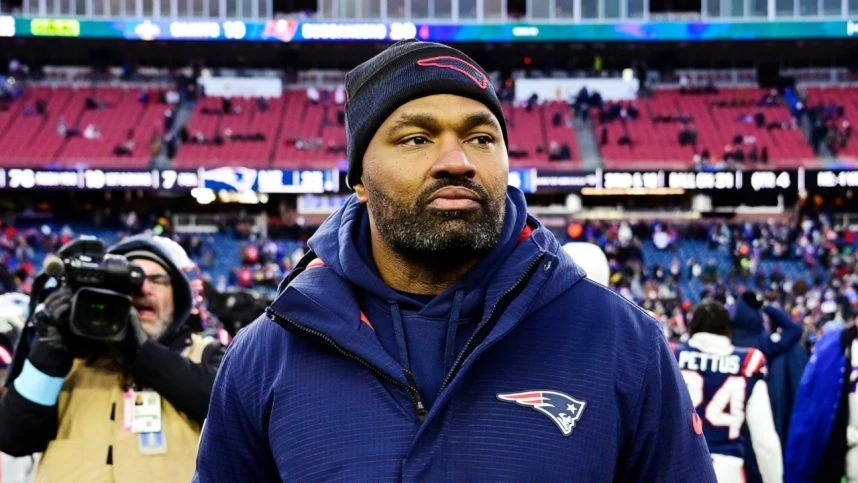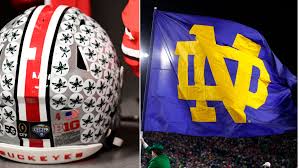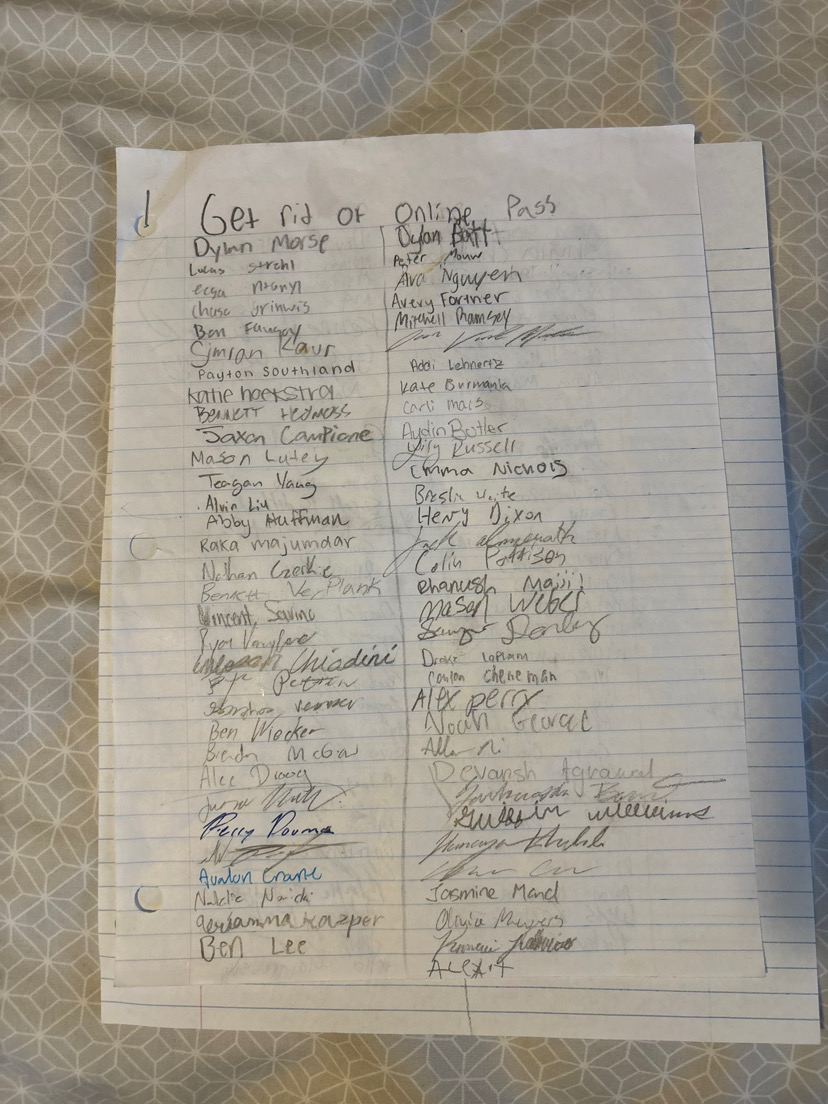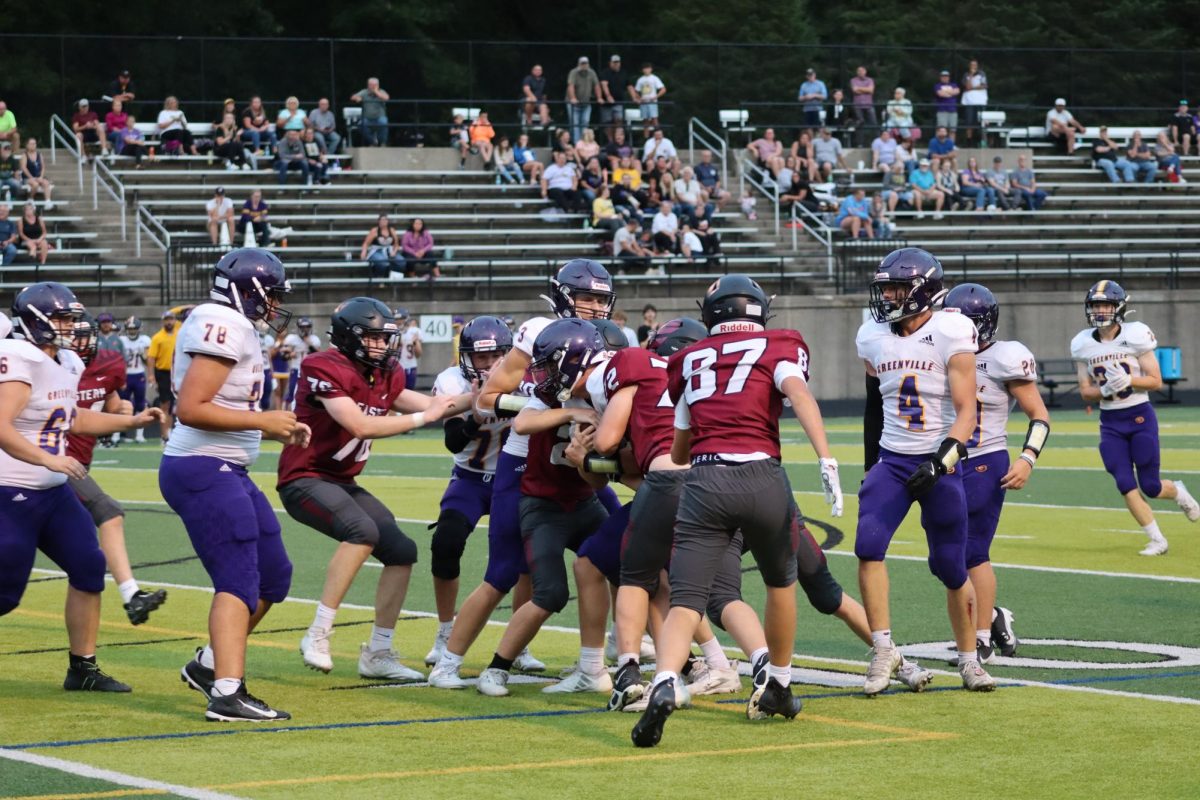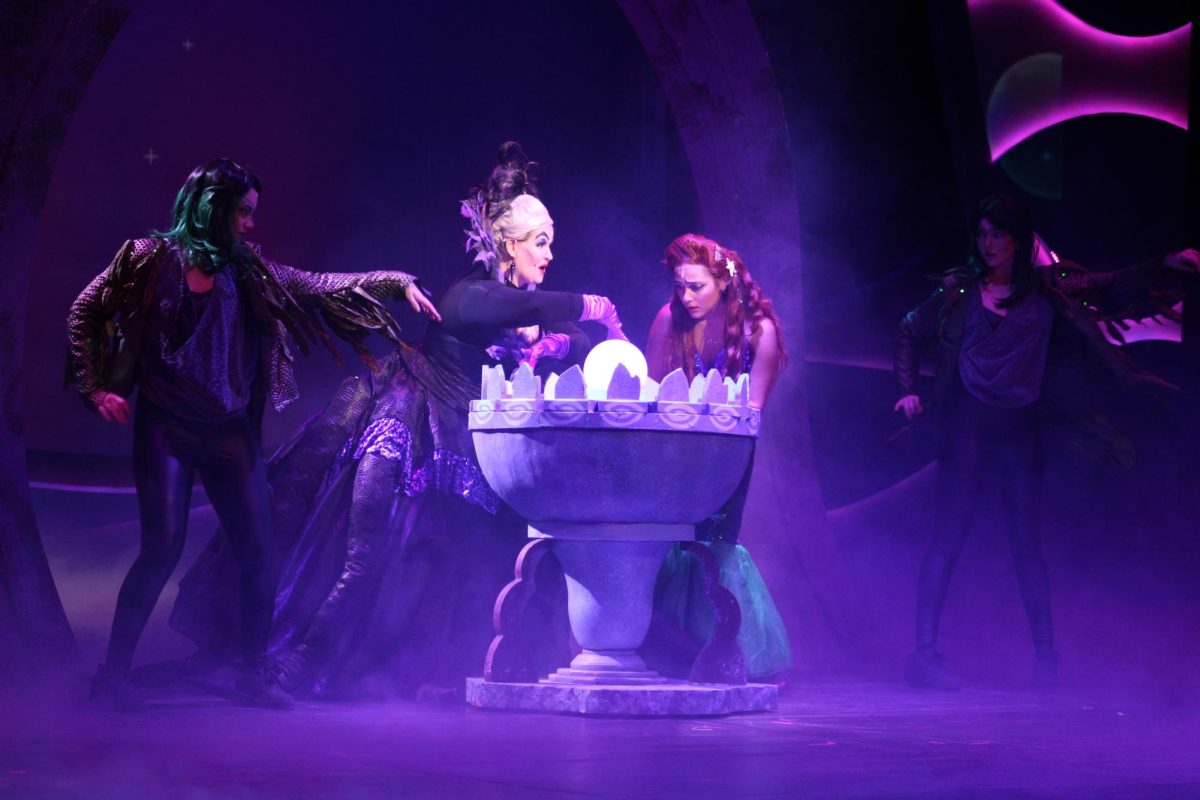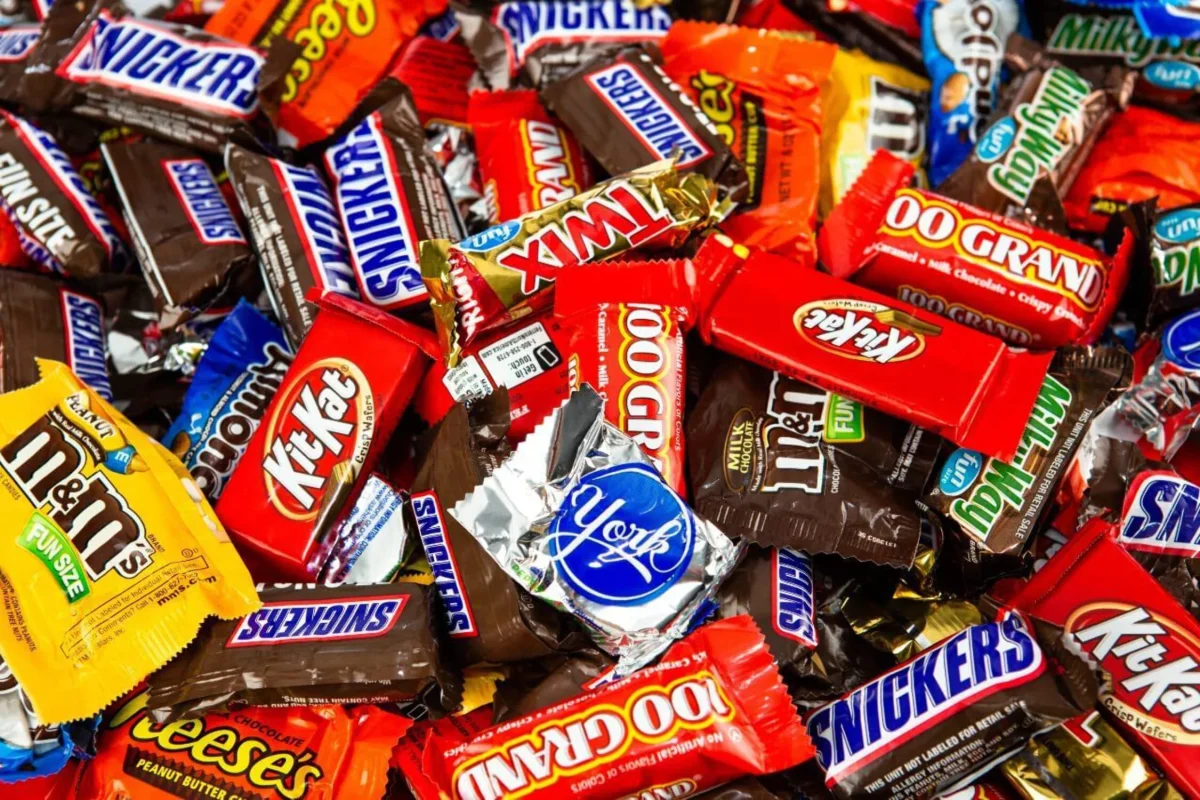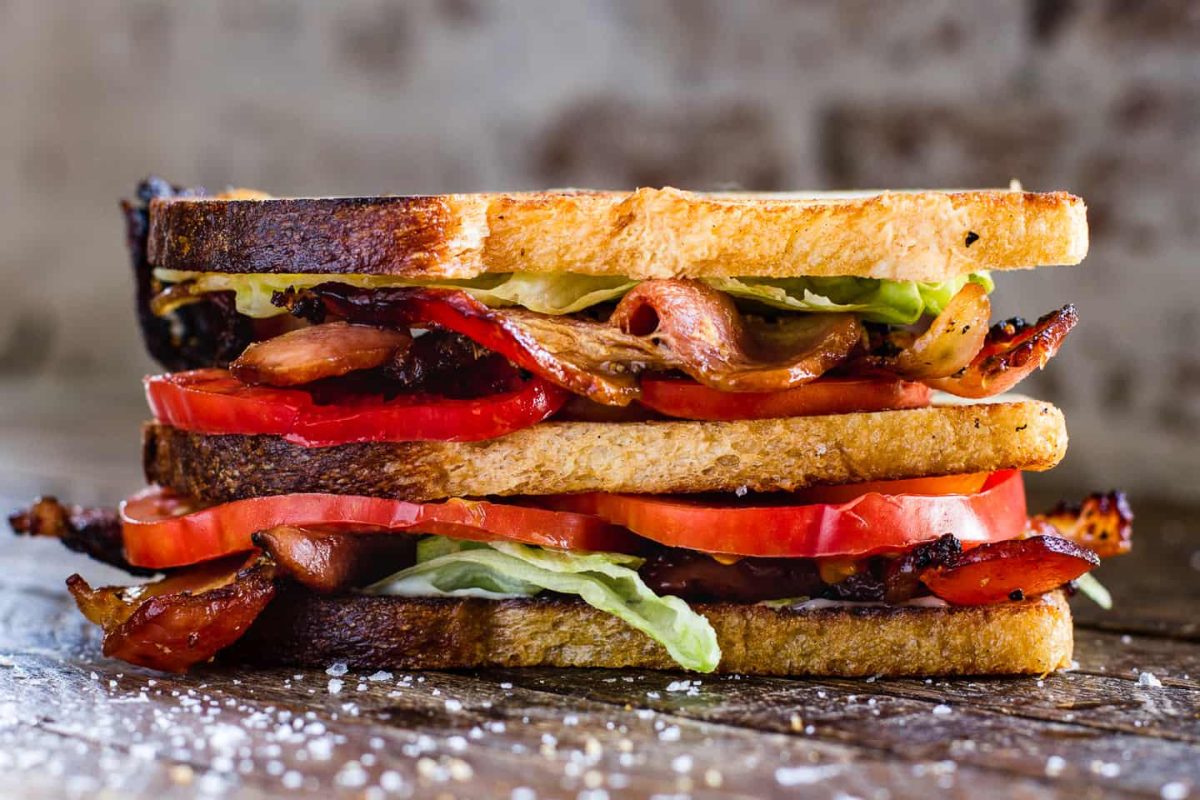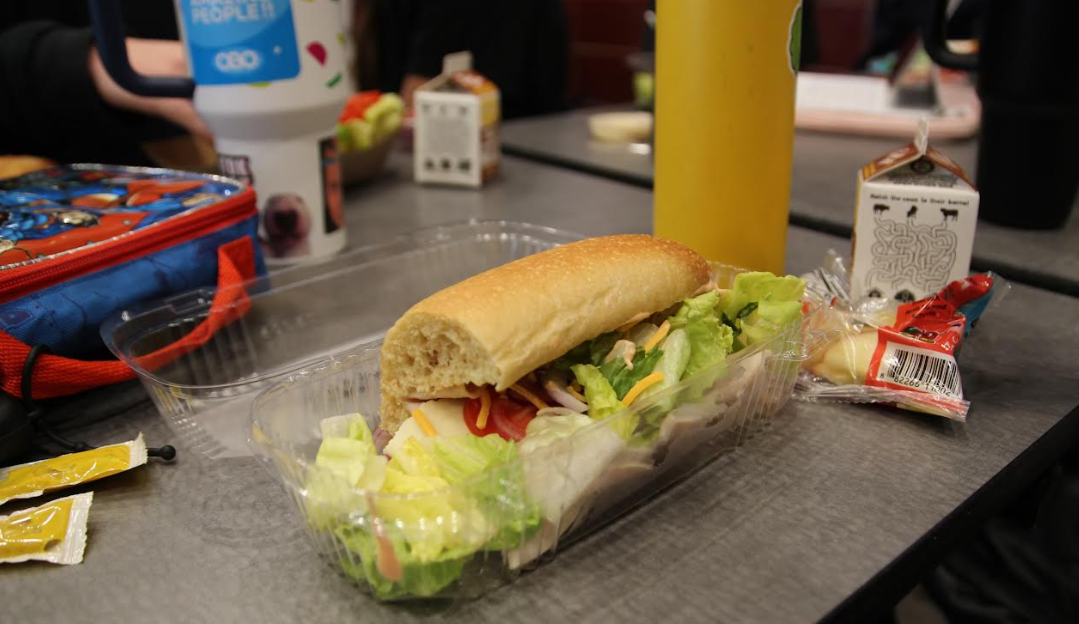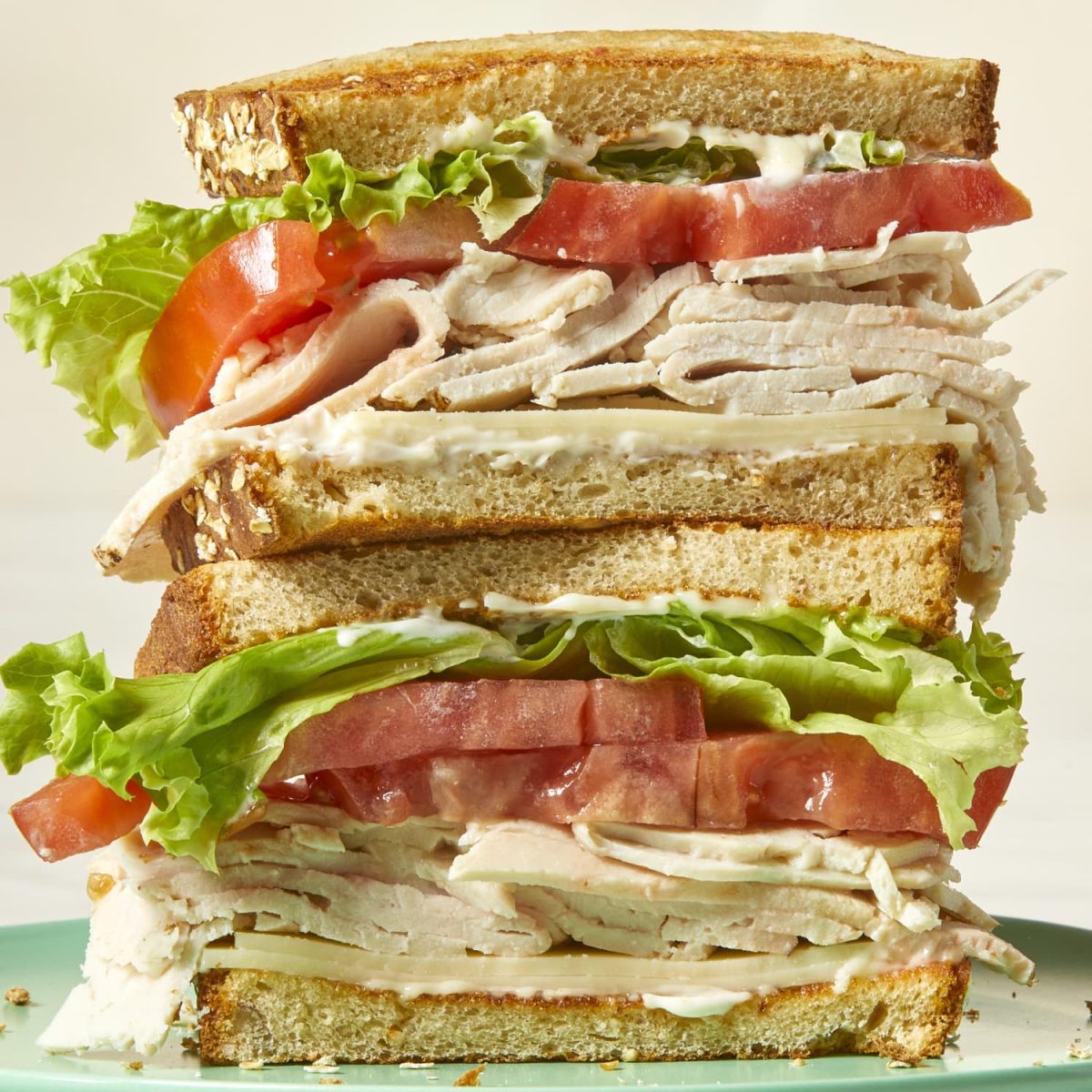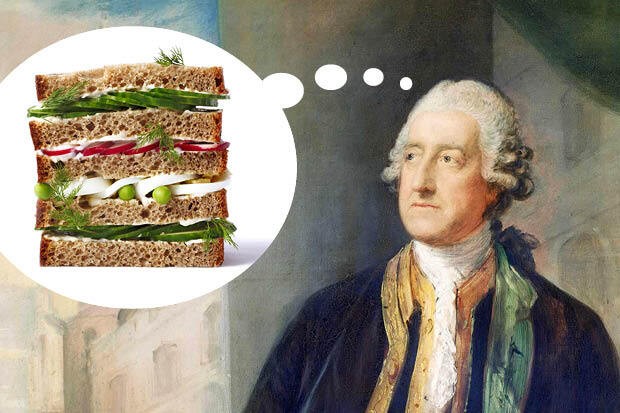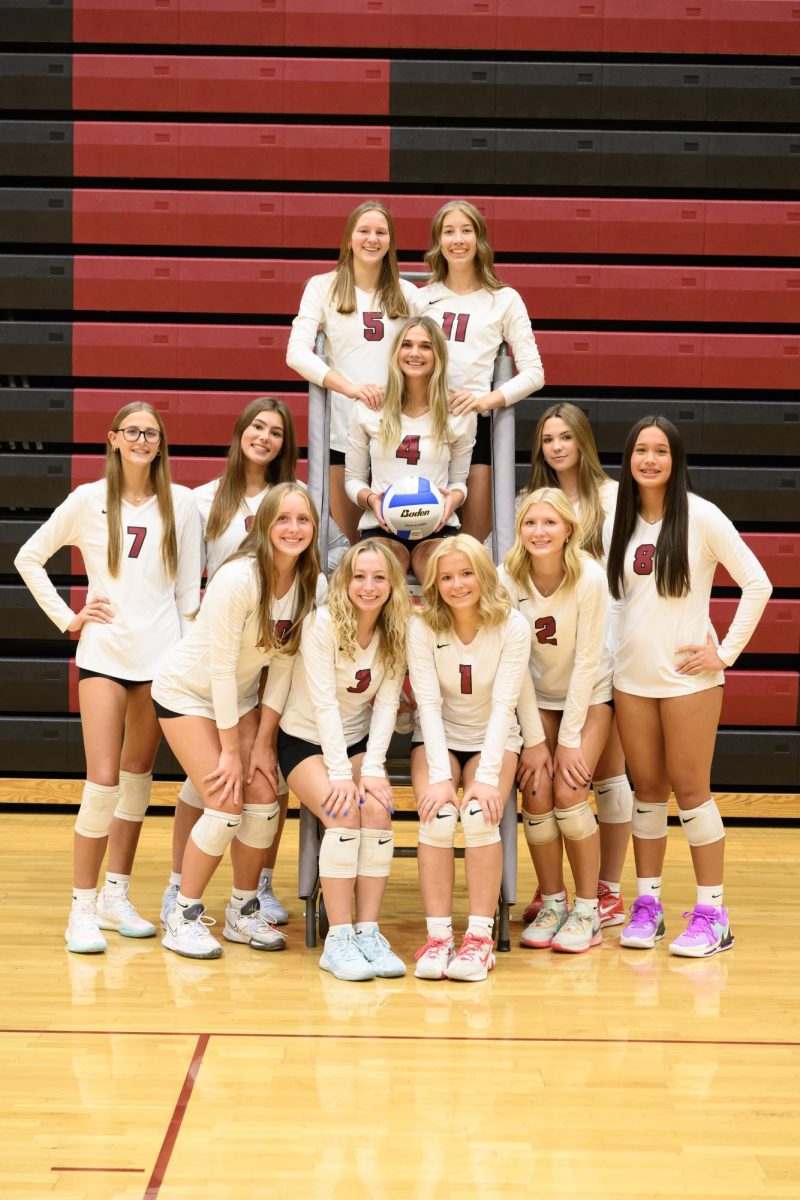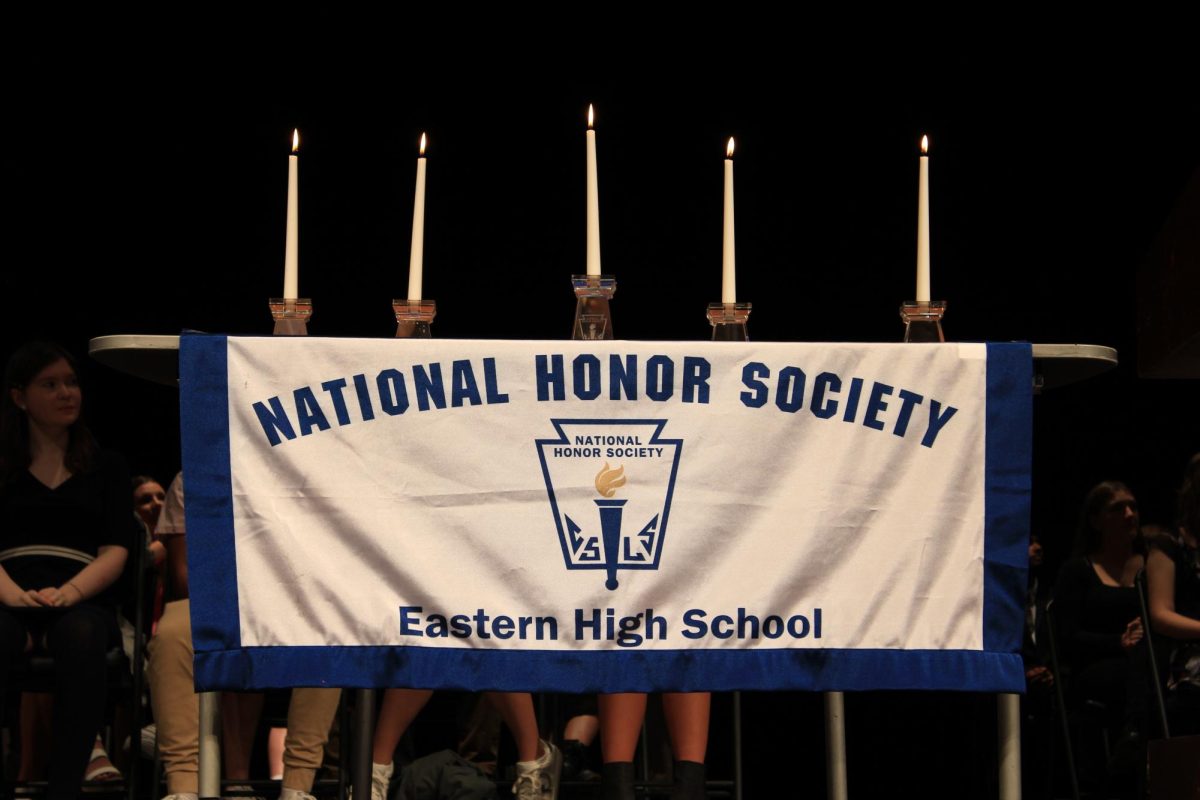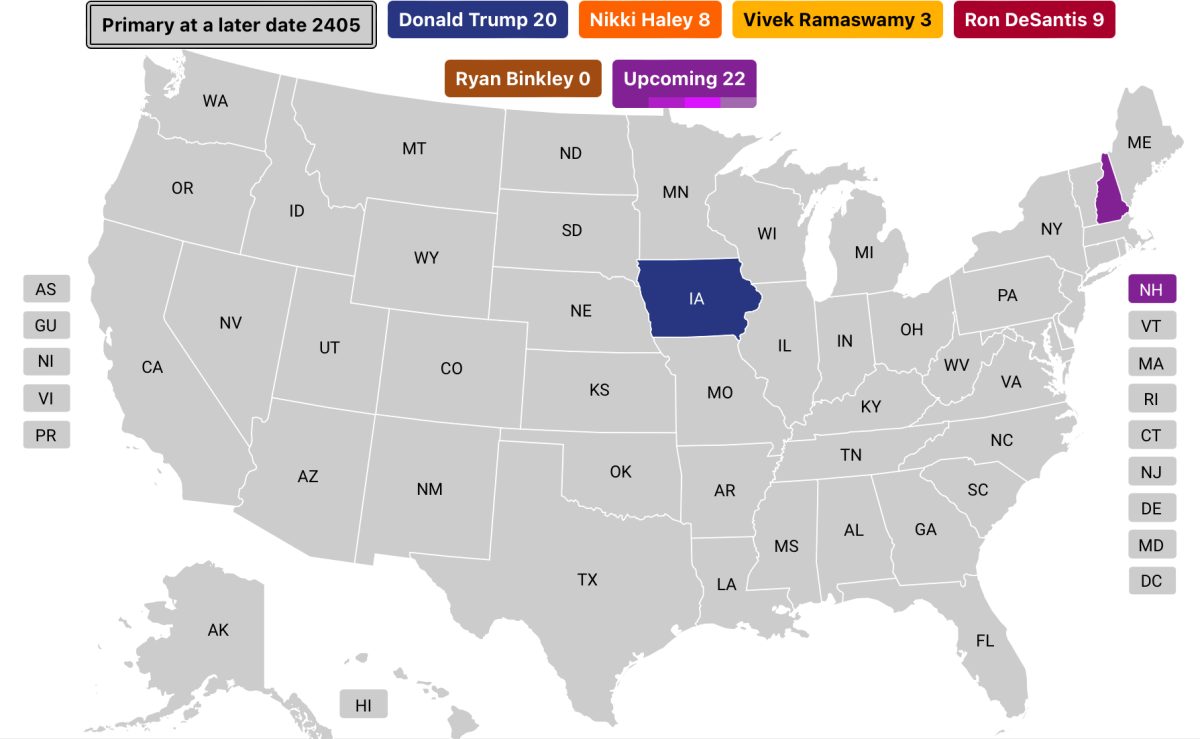Monday, January 15th, Republican voters in Iowa went out to caucus, the first key election of the year. Over the next 6 months, Republicans in every state (and some U.S. territories) will vote in the Republican Presidential Primary election. These elections will be the key decision in who takes the Republican Presidential nomination. In other words, determine who will make it to the general election in November.
Each party has its own delegation election process, where people’s votes in each state are turned into a specific number of delegates based on the population of the state. For example, in Iowa, candidates compete over 40 delegates who will be sent to the national Republican convention in August. Different from a general election where “electors” (members of the electoral college) must vote for the final popular vote candidate, in primaries the votes are split up. Republicans need 1,215 votes to win their nomination.

In Iowa, Donald Trump received 20 of the state’s 40 delegates, Ron Desantis received 9, Nikki Haley received 8, and Vivek Ramaswamy only received 3 delegates.
Following Iowa’s results, Florida Governor Ron Desantis, and businessman and entrepreneur Vivek Ramaswamy, both dropped out of the race, and instead endorsed former President Donald Trump.
Desantis’ decision to leave the race was shocking to most, but the campaign’s instability truly never took off in the way it was intended. Desantis tirelessly traveled to all 99 counties in Iowa, but failed to win a majority of votes in a single county. Former President Trump took 98 counties, and Former UN Ambassador Nikki Haley won just 1 county by a shocking 1 vote.
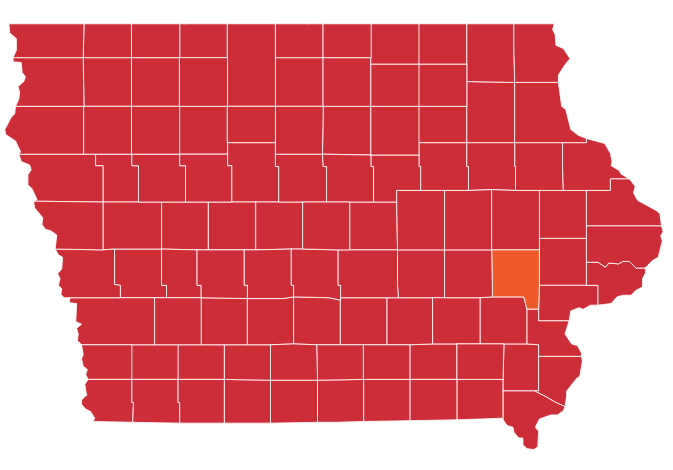
As mentioned earlier, each state has a completely different process of running its primary (or caucus). In Iowa, anyone is allowed to caucus with the Republicans in their special activities. Caucuses are some of the most confusing types of elections, where votes are cast by standing in corners of a room, or parts of a room. In Iowa, it is a private caucus so voters end up voting by a handwritten paper ballot. Votes are counted by a member of each campaign and certified on property. Campaign “representatives” have an opportunity to speak for a set amount of time, and share their compelling arguments to the voters who have attended the caucus. After the speeches are over, the members will start voting.
In New Hampshire, Republicans host a primary. The primary is only available to registered Republicans and Independents only. When registering to vote, voters are required to select their preferred party, in which they are then considered a “registered Democrat, Republican, or Independent.” The primary taking place in New Hampshire, on Tuesday night, will be a closed primary, meaning only registered Republicans and Independent voters can vote in this Republican Primary. This election in New Hampshire is set up like a common election, with each voter receiving a normal physical ballot. The primary is set up and run by each party, so both parties are able to pick the candidates that will be included on the ballot. New Hampshire will be awarding 22 delegates for the Republican Primary.
The New Hampshire Democratic party chose to not include President Joe Biden on the primary ballot, after an incident with President Biden endorsing the idea of moving back New Hampshire’s first-in-nation Democratic Primary. The only two nationwide Democratic challengers Dean Phillips and Marianne Williamson are both included on the ballot, among 19 other Democratic candidates who all paid the 1000 dollar filing fee to appear on the ballot. In other words, anyone can file to be on the ballot in New Hampshire, since it is controlled by the individual party.

With Ron Desantis’ recent departure from the race, it will truly become a two-person race between Nikki Haley and current frontrunner Donald Trump. New Hampshire is home to the most independent voters out there, with over 40% of voters being registered Independents, meaning there are more independent voters than those of a major party in the state of New Hampshire. This primary will be crucial for interpreting the future of these elections.

